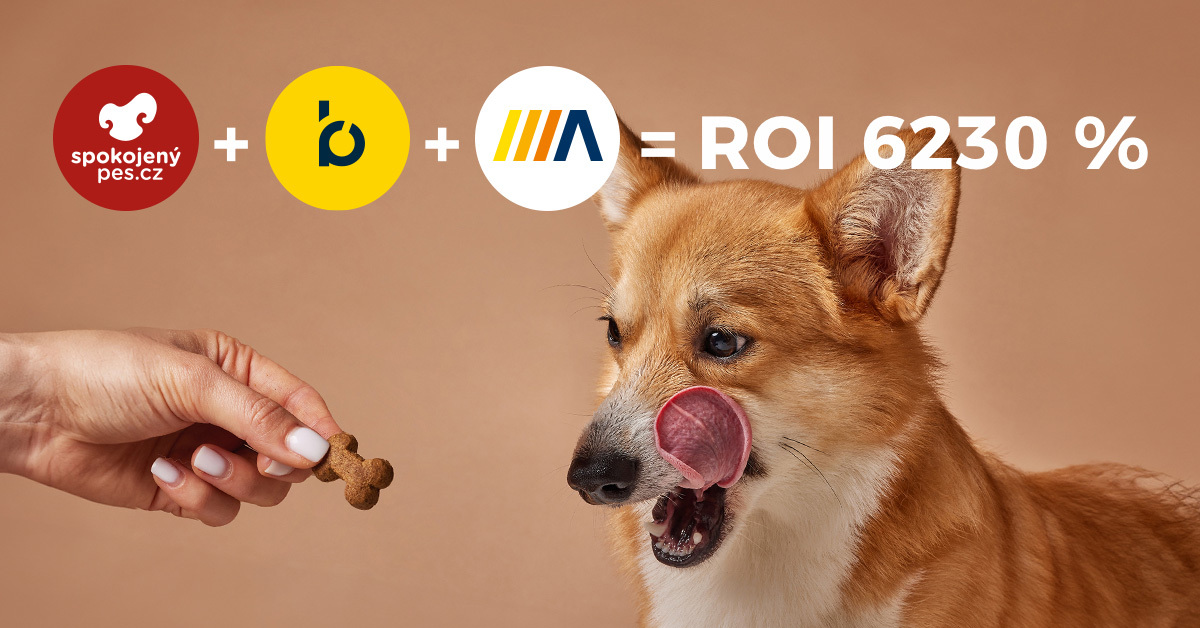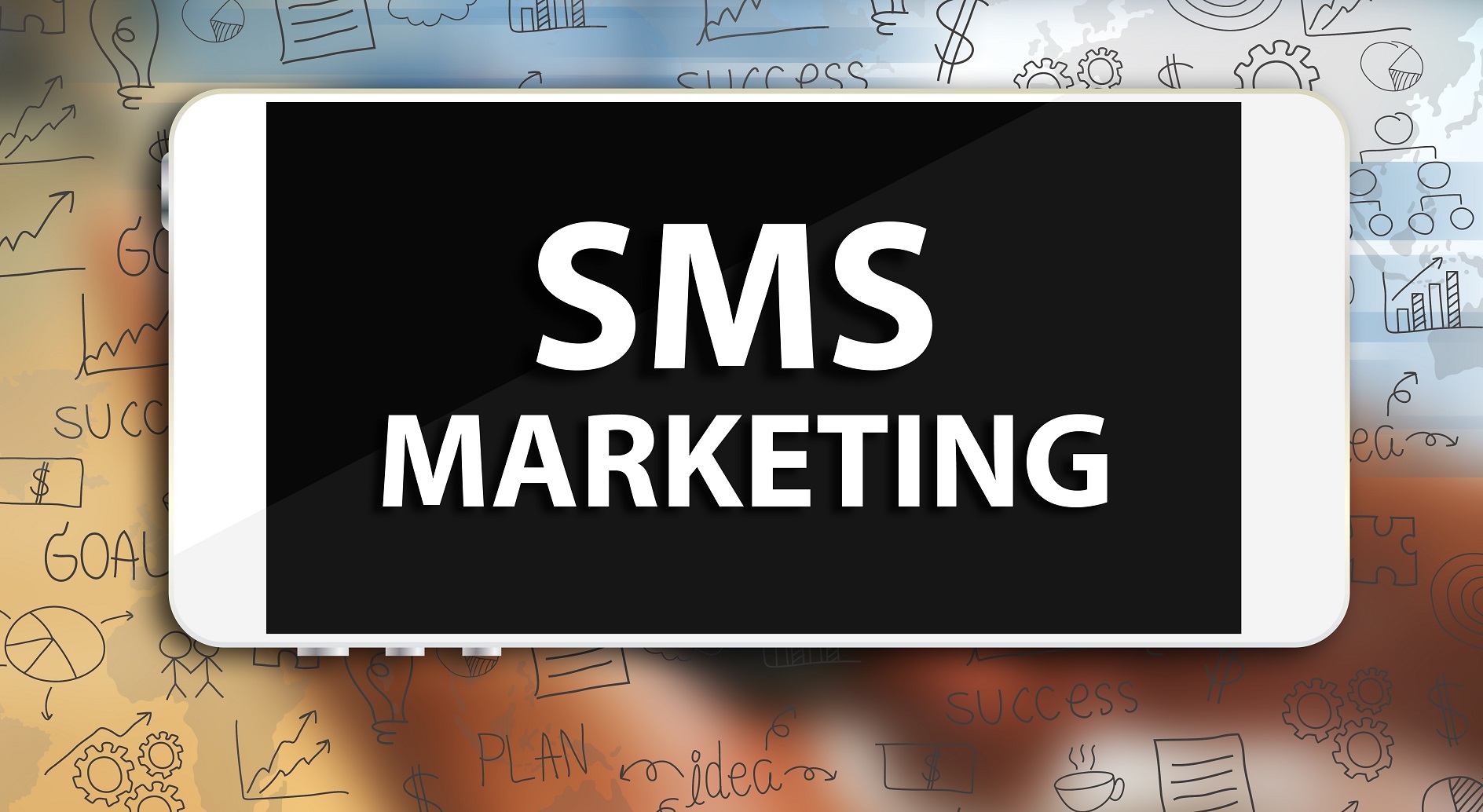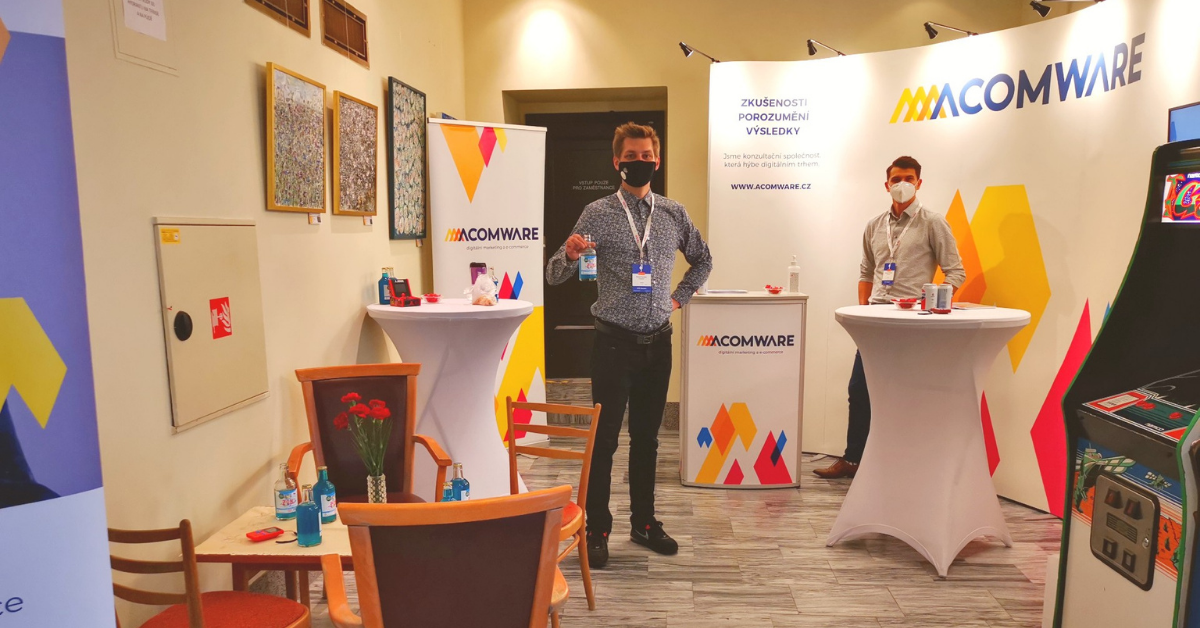Cyrill Gross works as a senior consultant and developer for email and omnichannel marketing automation at Mayoris in Switzerland. He will be speaking at Emailing 2020 with his topic ‚Interactive Email: Don’t do it just because you can(t)‘.
How and when did you get into the world of email marketing?
I started developing my first tool for sending mass email back in the mid zeroers. Must have been around 2005 or 2006. It was the need of a client at the web agency I was working for. There was no Litmus and I knew little about the beasty rendering habit of email clients. The more I realised it, the more I had a flash back of the browser war of which I have just experienced it’s final stage.
What does your role consist of at Mayoris AG?
Mayoris was originally a software development company, engineering and selling our own email marketing tool. I joined 2007 as a developer at its start up phase. However, we had to end our own development as we were not competitive against German and American platforms who came from larger home markets. Whilst transforming the business into a service agency, the founders and a good part of the staff dropped out, leaving me as the longest lasting employee. I shifted more into consulting and integration but kept up to date with html coding. Consulting and html coding is still my main focus nowadays but as one of the 4 owners of the company I have as well some management function and the honour to represent Mayoris at public events.
What are some of the challenges you’ve faced in educating clients about email?
In short: Email is like soccer: Everyone knows it, everyone has done it one or the other way. And everyone knows it better. But seriously, the biggest challenge is to making people aware of the value that email can bring. It’s a channel of outbound communication companies often don’t realise the potential left aside by not or insufficiently doing it. Because clients don’t complain about not receiving emails. And Google still brings traffic to the website.
The second challenge is a lack of understanding of the complexity of good email communication. Email for most people is like “Open Outlook > Choose a recipient > Type some text > Click send”. We do that every day dozens of times. But that sending a campaign to 1 Million subscribers with proper permission within one hour, making sure it’s displayed properly on any common email client (without an established coding standard) and track all the reactions is an entirely different pair of shoes.
What mistake do you meet the most often? Is it absence of basic knowledge (e.g. non-responsive email), absence of overlap of email channel or insufficient automation?
What I see often is a lack or rather outdated view hot to do email marketing. Far too often email is used in a kind of spammy way: more mailings sent to more subscribers generate more turnover. This was the common way of email marketing back in the first decade of our millennium. But that has changed significantly. People do not want their inboxes being flooded with marketing emails, even if they subscribed because they received an incentive. Major ISPs like Google and Microsoft have taken the role of the gate keeper to the users inboxes. They filter and sort the incoming emails based on sophisticated analytics methods and AI to separate relevant from less relevant messages. Companies still tend to weight the internal view (“what do we want to say”) higher than the customers view (“what does the customer likes to hear”). Successful email communication of today is personalised: what to whom and when, integrates with other channels: same messages and offers across the board.
What role do you think interactivity is going to play in email’s future? Apart from interactivity, what do you want to see next in email?
Interactivity makes interacting with email fun, transparent and efficient. If I see the first question of a survey seamlessly integrated in the email, the chance that I will answer it is significantly higher than that I click on a simple button “to the survey”. And if I have answered the first question, it is very likely that I answer the following few too. Another example: If I receive an email with product offers and I can select some features directly in the email without going to the web shop first (even if it’s just one click) will increase the likeliness of adding it to my basket significantly.
Beside interactivity I hope to see smarter personalisation in the email. Ecommerce companies should show me products I am interested in. Using cross channel tracking and AI powered, real time recommendation systems to show me the most relevant offer in the email. At the time of the open, not the sendout. The second topic that I hope to gain importance is accessibility. not only for inclusion of people with disabilities but also to make emails readable by digital home systems like Amazon Alexa or Google Home and cars infotainment systems. Existing web accessibility standards can and will be adopted to email in the next years.
During last and this years all of the experts were dealing with interactivity and accessibility of emails, haven’t we forgotten something important?
We tend to forget the customer because we focus on technology and conversions. Interactivity is not a purpose on its own. It is a tool to create better user experience, to surprise and delight customers. That’s the only purpose to do it. Not just because we can.
Are there any email developers who inspire you?
Sure here are. First of all it’s Mark Robbins, some call him the godfather of interactive email. He was the one kicking off the topic back in 2015. Another one is Paul Airy. He is the driving force behind the accessibility movement in the email scene.
What are your thoughts on the recent Gmail updates like AMP?
AMP is an interesting approach to make interactivity available for a wider audience. On the other hands it is under control of the most powerful internet company and they decide who is allowed to use it. Since email is democratic by design, no sole instance should be able to take control over it. So I hope that the requirement of going through an approval process controlled by Google alone will be dropped at a certain point.
What is your advice to those new to email or email veterans?
Keep innovating. Be curious. And care about your subscribers.
What can we expect to see from you at Emailing2020 conference?
A way of presenting you haven’t seen on stage before. Plus some hands on takeaways, but no buzzword tossing.
* * * *
Take the opportunity to meet the world’s leading e-mail experts live. Get your ticket now.







